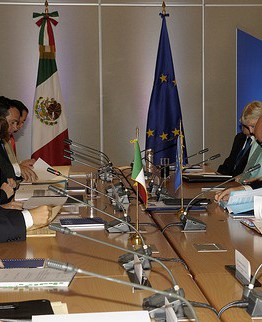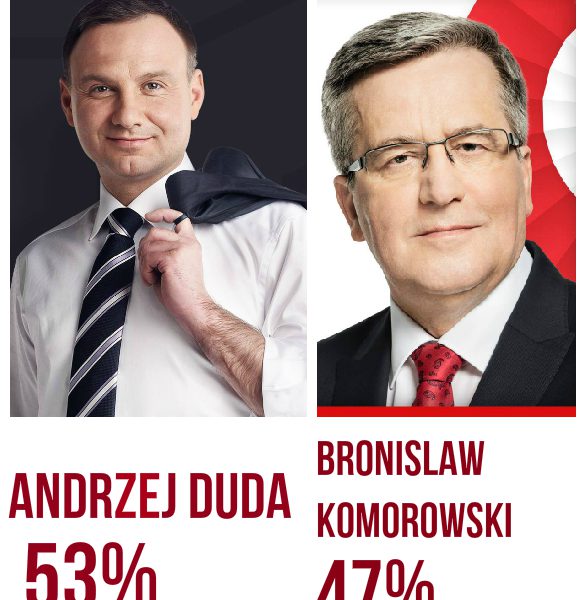Challenges and opportunities for EU-Mexico trade relations
By Evelyn Luz Acevedo Bravo
In early May, the renowned Brussels think tank CEPS (Centre for European Policy Studies), in collaboration with the bank BBVA, organised a meeting among high-level representatives from the EU and Mexico aiming to provide an overall review of the EU-Mexico trade relationship. The conference highlighted and discussed new opportunities, in light of progress and advances made by both, to revisit and enhance the EU-Mexico Free Trade Agreement so that each party is better served and may prosper to an even greater extent.






